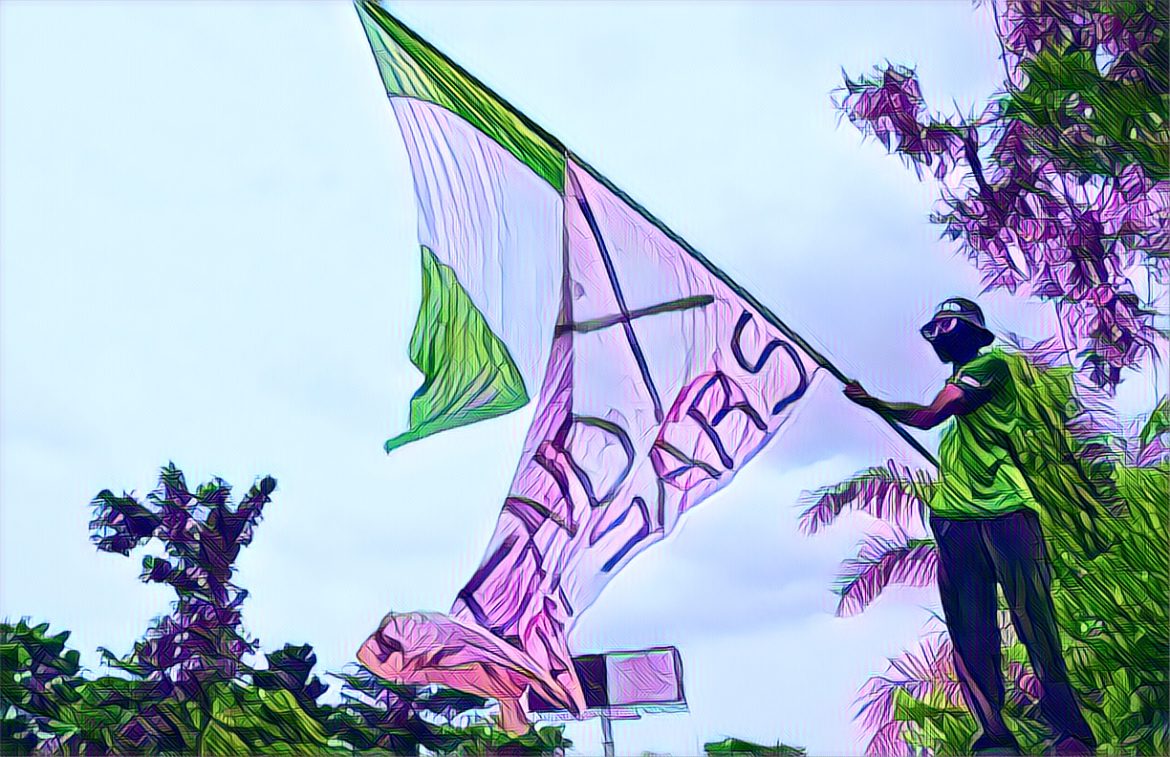Three years after the EndSARS protests rocked Nigeria, the failure of both state and federal governments to address police reform continues to haunt the nation, creating a pervasive atmosphere of mutual distrust between citizens and the government. The protests, a significant moment in Nigeria’s recent history, demand a fundamental response that cannot simply be ignored. It’s time for President Bola Tinubu to take action, restoring policing to efficient, professional, and internationally accepted standards.
Human rights lawyer Mr. Femi Falana (SAN) has criticized the government’s approach, noting the lack of concrete action towards reform. He expressed disappointment that despite promises, the government has largely failed to address police brutality and human rights violations revealed during the protests.
In October 2020, an online campaign triggered by a viral video of a man allegedly killed by Special Anti-Robbery Squad (SARS) officers turned into nationwide demonstrations. The protesters, mainly young Nigerians, united to voice their concerns against police brutality and demanded the disbandment of the notorious SARS unit and a thorough reform of the police force.
The initially peaceful protest escalated due to criminal infiltration, leading to significant losses. The Nigerian Army’s intervention at the Lekki Toll Gate in Lagos State on October 20, 2020, marked a turning point, with reports of casualties among protesters.
In response, the Federal Government disbanded SARS, replacing it with the Special Weapons and Tactics (SWAT) unit, and promised further police reforms. Twenty-eight state governments also established judicial panels to investigate allegations of police brutality. However, the implementation of these panels’ recommendations has been lackluster.
Three years on, there has been little material change in police operations, despite the disbandment of SARS. Stakeholders are disheartened by the government’s inability to overhaul the police force. Many indicted officers have not faced consequences, and financial compensation for victims has not been accompanied by justice.
Nigeria has witnessed a series of ignored inquiry reports, reflecting a reluctance to adopt logical recommendations for national interest. The need for deep-seated intrinsic reinvention of the police force is evident, as indicated by the International Police Science Association’s ranking of the Nigeria Police Force as the worst globally in 2017.
According to a report by The Guardian, the EndSARS protests exposed weaknesses in civil authority structures, leading to anarchy in parts of the country. The police force still grapples with regaining confidence, with many stations closing early for security reasons.
The government must strengthen internal security institutions to rebuild public trust and prevent future protests. President Bola Ahmed Tinubu’s commitment to reforming security agencies and enhancing their capabilities is a step in the right direction, but he must act decisively to fulfil these promises.


